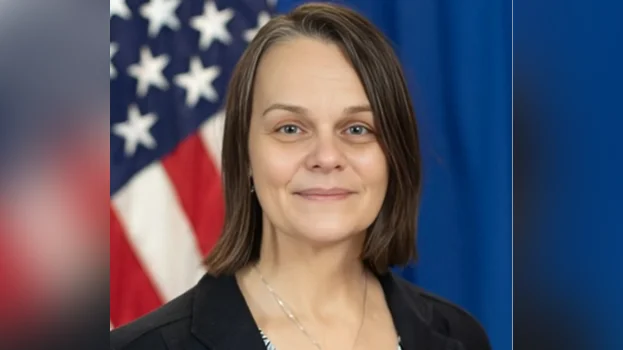Many family-sponsored immigrant visa applicants often inquire about the eligibility of their children who turn 21 while their petition is pending. The Child Status Protection Act (CSPA) provides a potential solution for these situations.
Under U.S. immigration law, a "child" is defined as an unmarried person under 21 years old. If a child turns 21 before the visa is approved, they are considered to have "aged out." The CSPA, effective since August 6, 2002, aims to preserve the "child" status for beneficiaries who would otherwise age out due to processing delays at USCIS.
To qualify under CSPA, an applicant's "CSPA age" must be under 21, and they must apply for a visa within one year of availability. The "CSPA age" is calculated by subtracting the time the immigrant visa petition was pending from the applicant's actual age when the visa became available.
Applicants whose cases are transferred to an embassy should contact consular officials with their child's birth certificate and case number to determine CSPA applicability. However, not all children will qualify.
If a case remains at the National Visa Center (NVC) and a child nears age 21, applicants can request expedited processing if their priority date is current. The NVC applies the CSPA formula to assess continued eligibility.
In cases where a child does not qualify under CSPA after turning 21, the principal applicant may file an I-130 petition once they become a lawful permanent resident of the U.S. Consular officers cannot make exceptions if a child does not meet CSPA criteria.
The U.S. Embassy provides resources on understanding CSPA and encourages applicants to prepare documents independently and consult official sources for accurate information.
For more detailed guidance on visas and consular services, individuals can visit official websites such as https://gy.usembassy.gov/ or https://travel.state.gov/.

